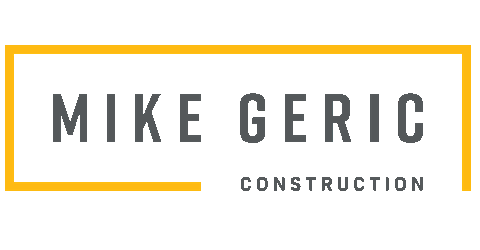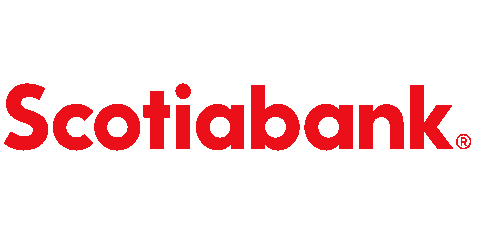Region’s unemployment up, but still lowest in Canada
Greater Victoria employers continue to face pressure from a tight labour market.
Our region’s unemployment rate rose slightly to 3.9% in June, up from 3.7% in May.
Greater Victoria’s employment rate was 65.2% in June. Those numbers compare to national rates of 6.9% unemployment and 60.9% employment.
Our region consistently has among the lowest unemployment rates in the country, and The Chamber has called on the federal government to grant our region an exemption on the restrictions imposed last year to the Temporary Foreign Worker program.
Finding and Keeping workers has been cited as a top advocacy priority by Chamber members for almost a decade. And while the latest numbers show access to labour continues to be an issue, the national numbers do offer optimism for businesses facing the uncertainty of an ongoing tradewar with the US.
“Canada’s labour market remains strong and resilient despite tariffs and counter-tariff measures. The market shows signs of marginal improvement across many parameters, a result of trade-partner diversification,” Canadian Chamber economist Anupriya Gangopadhyay said. “Employment rose to its new peak for the year, especially in the manufacturing sector after consecutive declines. At present it is hard to gauge exactly when or if at all the impact of tariffs will break this momentum. But this outcome may nudge the Bank of Canada to deliver fewer than the two rate cuts in the remaining half of the year, as expected earlier.”
























